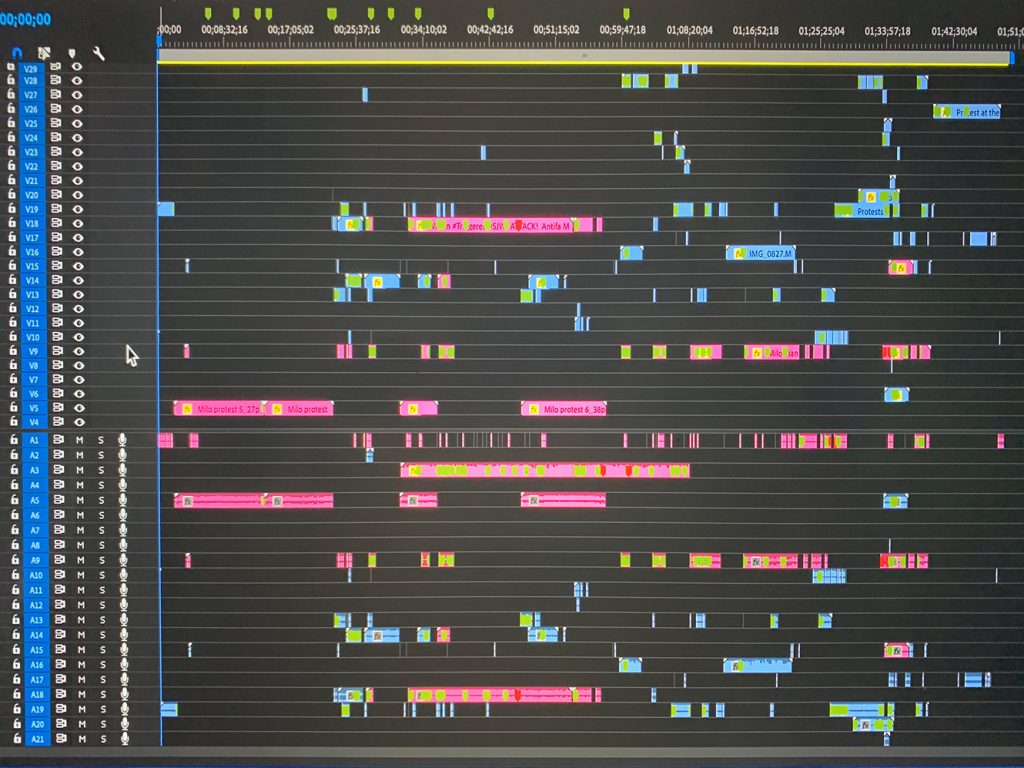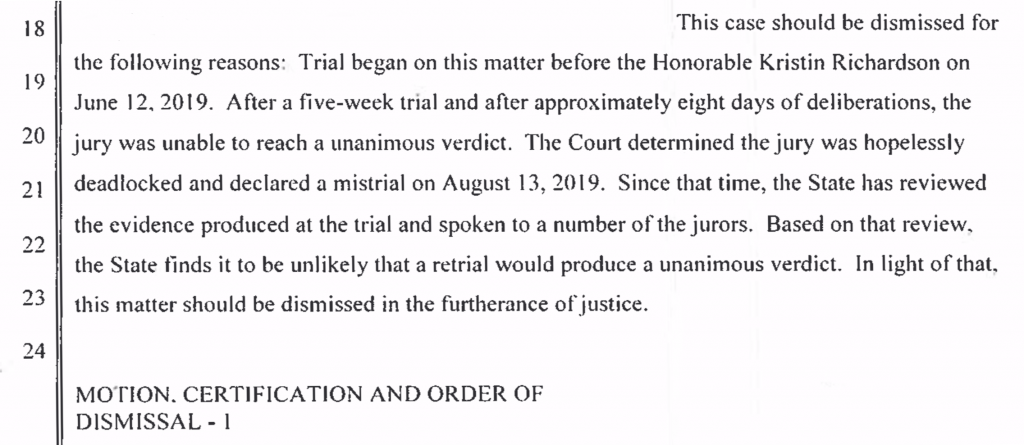Milo Yiannopoulos, a controversial speaker, was scheduled to present at the University of Washington on January 20, 2017, the night of President Trump’s inauguration. Husband and wife, Marc and Elizabeth Hokoana, knew this event would attract lots of people with strong feelings and wanted to be there.
Conservative and Liberal activists were present and traded angry words. On both sides were people eager to incite violence. Bottles, rocks and paint balls were thrown, and protests turned into fights.
Elizabeth Hokoana had a license to carry a concealed weapon, and was armed. Marc also was licensed to carry concealed, but that night carried pepper spray.
At some point, Elizabeth Hokoana saw a man attacking her husband with a knife, and she shot him.
Mrs. Hokoana was charged with first degree assault using a firearm and faced fifteen years in jail, and Mr. Hokoana was charged with third degree assault for use of pepper spray and faced six months in jail.
As defense attorneys gathered hundreds of video recordings, NCAVF was contacted to assist in analysis and organization.

A one hour, fifty minute timeline was created containing 400 synchronized videos to help defense attorneys make sense of what happened and when, who acted to incite violence, and who were the victims. Attorneys analyzed the resulting sequence to better understand how the incident unfolded.
The videos were used extensively in preparation for the high profile trial that lasted five weeks. Deliberation lasted seven days. The jury was unable to reach a verdict, and the judge declared a mistrial. A few weeks later the prosecution declined to retry the case and dropped all charges:

Attorney Kim Gordon said, “NCAVF’s impressive work enabled us to find footage crucial to our theory of the case, including one threatening statement that corroborated our defense. Because of the professionalism and reputation of NCAVF, the prosecution stipulated to the foundation of every video, saving days of trial testimony. We were able to keep the trial moving and the jury focused on what mattered — our clients’ story.”